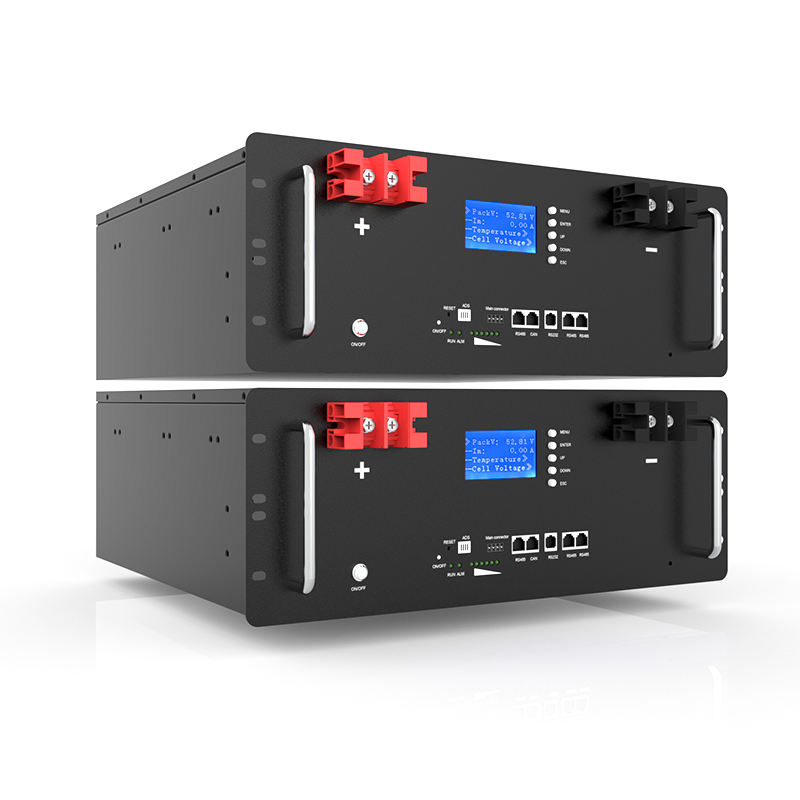The so-called lithium iron phosphate battery refers to the lithium-ion battery with lithium iron phosphate as the positive material. This type of battery is characterized by the absence of precious metal elements (such as cobalt, etc.). Because it does not contain precious metal materials, the raw material cost of lithium iron phosphate battery can be compressed very low. In practical use, lithium iron phosphate battery has the advantages of high temperature resistance, strong safety and stability, low price and better cycle performance.
The ternary lithium battery is a kind of lithium battery which uses the nickel cobalt manganese acid as the positive material and graphite as the negative material. Different from lithium iron phosphate, the voltage platform of the ternary lithium battery is very high, which means that the specific energy and specific power of the ternary lithium battery are greater under the same volume or weight. In addition, the ternary lithium battery also has great advantages in high rate charging and low temperature resistance.
Technology is not good or bad, but suitable for different products or environments. In terms of battery, there is no so-called who is better or worse. It is just applied to the actual use scenario. Compared with the lithium iron phosphate battery, the ternary lithium battery is more suitable for the current and future household electric vehicles.
Related News
- Application of lithium-ion battery packs in household and commercial energy storage
- How long is the real life of lithium iron phosphate battery ?
- What are 48V lithium batteries for?
- Detailed explanation of the working principle of energy storage battery system!
- Safety issues and safety technologies of lithium-ion batteries
- Zunjie S800 aims at Maybach, CATL 6C supercharger battery installed in vehicles
- Do you know how to choose a lithium battery?
- Introduction to the three major packaging processes of lithium batteries
- Latest Industrialization Process of Sodium ion Batteries
- 5 Factors That Affect the Lithium Ion Battery Life







